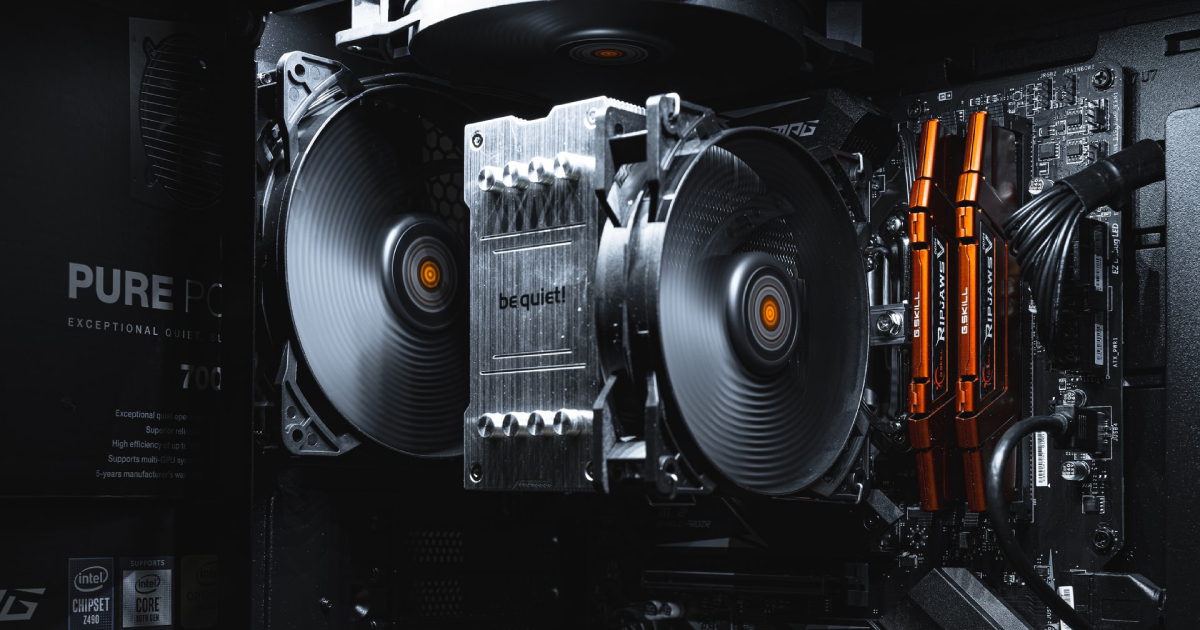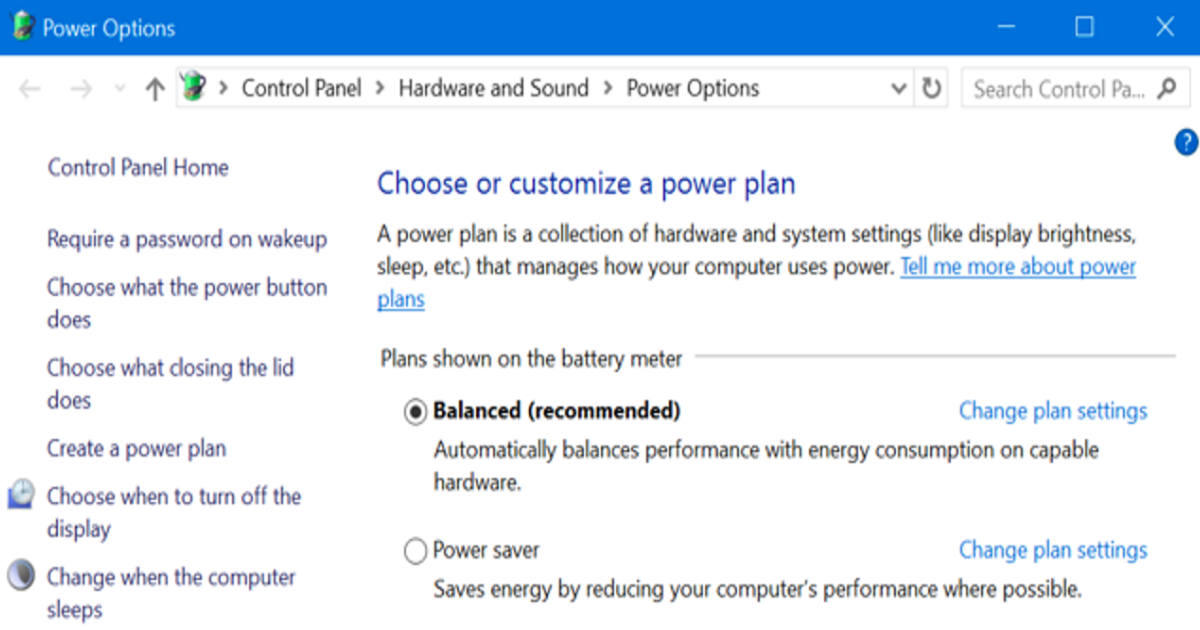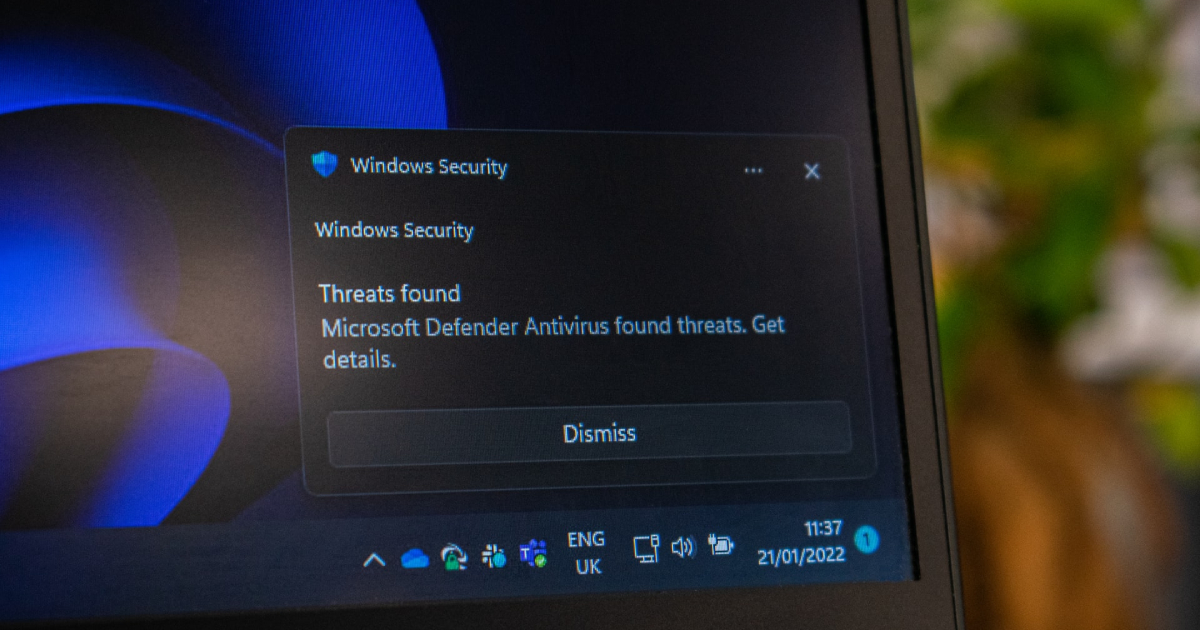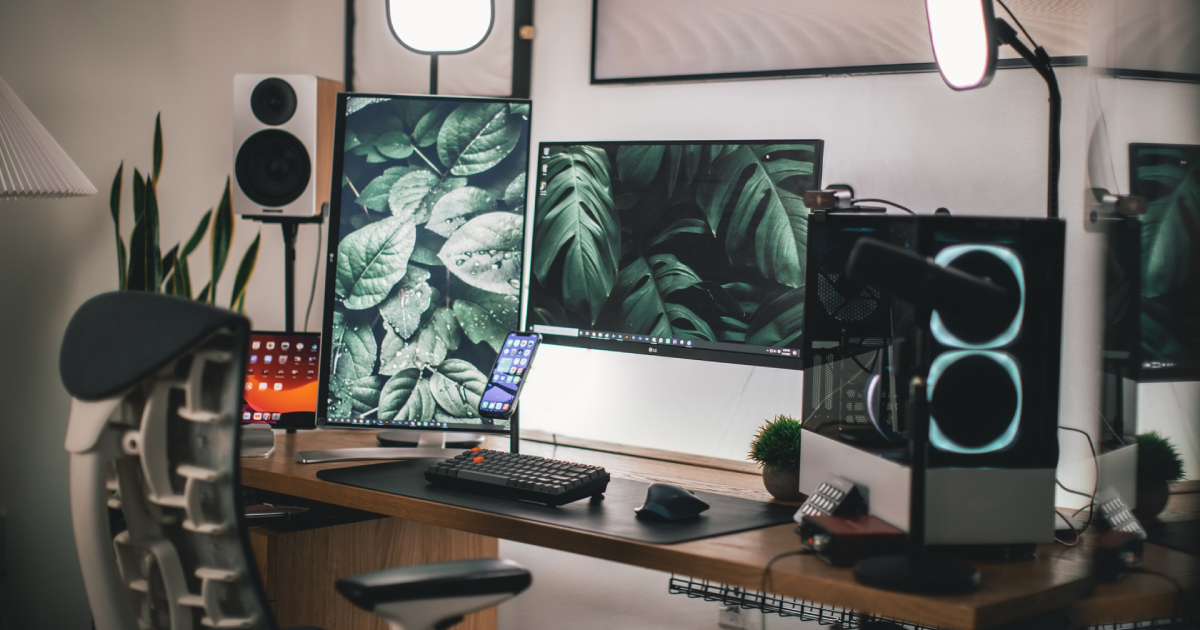According to a convention set out by engineer Gordon Moore, computers expect to double in effective speed every two years. While recent estimates see us potentially reaching the end of that curve, the processing power of computers has grown each year astronomically and continues to grow.
All that speed can still feel like swimming in molasses if your own computer has slowed down. Dealing with a computer moving at a crawl can frustrate even the most patient user.
How do you deal with the PC problems that lead to a slower computer, though? Where do they come from?
We’ll cover some of the most common PC issues out there and tell you how to fix them.
If You Have PC Problems, Clean Your Fans

If your computer is slow and your fans run loud, you may have experienced thermal throttling. Thermal throttling occurs when a computer runs slower to avoid overheating.
Cleaning out your case, applying new thermal paste, and blowing compressed air into the fans will all help with these PC issues. These tasks take a careful hand, though, so if you aren’t PC-savvy, consider enlisting the help of a professional.
Check Your Hard Drive Space
While you could fill up all of your storage media, a PC needs some free hard drive space to perform basic system tasks. If you’re pushing your storage media to the limit, you might end up in a situation where your computer can’t make the temporary files it needs to run well.
Go through your hard drive and delete things you don’t need. Uninstall games you’ve beaten or copy old photos to a thumb drive. Freeing up a couple of gigabytes can help a lot.
Change Power Plans

The computer’s power plan tells it whether to prioritize energy use or performance. If you have a balanced or power-saving plan active, you won’t get full performance at all times. This does come at the cost of battery life for a laptop, though.
To fix your slow computer, open the Power Options category in your settings and look for a higher-performance setting.
Close Those Tabs
We all fall down Wikipedia holes sometimes. Unfortunately, keeping 37 tabs about the Peloponnesian War open simultaneously comes at a cost in computer performance. Many browsers have gotten smarter about this, but they still run into limits of how much they can handle.
Closing excess browser tabs should improve your speed. Right-clicking near the tabs can sometimes allow you to open a task manager that lets you see which tabs take up the most space.
Excessive Antivirus Scanning

If you experience severe slowdown every few hours, a PC malware or virus scanner may be the culprit. These often look at lots of files and can really chew through your resources.
To address this, go into your PC virus scanner and turn down the frequency with which it scans. While regular virus scanning helps keep your computer safe, there’s such a thing as too much of a good thing.
Treat Your Computer Right
Whether it’s performing physical maintenance or giving it the system resources it needs, your computer needs some care to avoid common PC problems. If you perform basic assessments of its needs every so often, it should keep running fast.
If your computer has started reaching end-of-life and you’re looking for a newer, faster PC, why don’t you take a look at our technology section? We have news and reviews for some of the latest devices.
